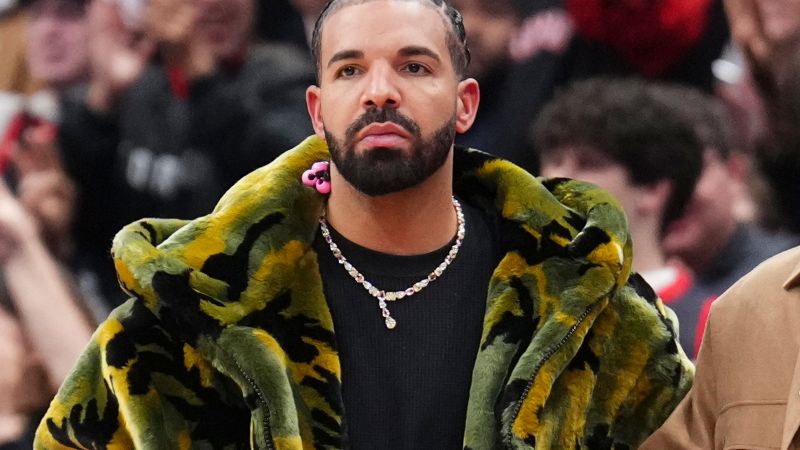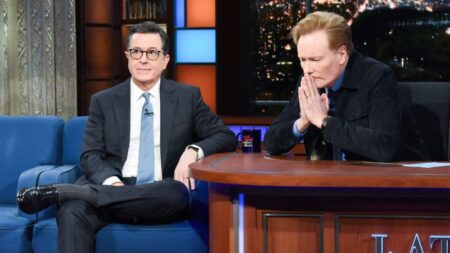Drake, the Canadian rapper and actor renowned for his impactful presence in the music industry, is engaged in a legal battle with his record label, UMG Recordings, Inc. This conflict centers around a highly charged song that is pivotal in a significant hip-hop feud. The lawsuit was officially filed on a Wednesday in the U.S. District Court for the Southern District of New York and accuses UMG of defamation concerning the publication and promotion of Kendrick Lamar’s track, “Not Like Us.” As part of the legal proceedings, Drake is pursuing both compensatory and punitive damages. Notably, Kendrick Lamar is not named as a defendant in this suit.
The lawsuit’s narrative unfolds with events that transpired in May 2024 on Drake’s expansive estate in Canada. The suit recounts a harrowing incident that occurred on the night of May 7. A group of armed assailants reportedly approached the Toronto residence where Drake and his family were staying. The legal documents detail a terrifying moment when an unidentified shooter yelled derogatory comments about Drake and opened fire, with bullets striking both the security gate and one of his security guards, a close friend of the rapper. As cited in the suit, it took an alarming thirty minutes for an ambulance to reach the scene, during which those present were desperately trying to control the bleeding from the gunshot wound inflicted on the guard.
Despite the unfortunate event, the security guard survived; however, the suit highlights a string of subsequent attempts to intrude upon Drake’s property. According to Drake, the increasing violence and threats against him and his family were not isolated occurrences. The lawsuit argues that the attempts to breach his privacy were orchestrated as a result of UMG’s alleged maleficence, which Drake argues was driven by corporate greed.
The root of this legal dispute can be traced back to the contentious lyrics in the track “Not Like Us,” which Drake claims propagate false allegations about him being a criminal pedophile and encourage vigilante behavior against him. The lawsuit asserts that the song’s lyrics, along with its accompanying music video and promotional imagery, contributed to a false narrative that gravely tarnished his reputation.
The backdrop of this lawsuit is even more complex due to the ongoing feud between Drake and Kendrick Lamar that ignited around the same time. This rivalry, often characterized by diss tracks exchanged between the two artists, reached its climax with Lamar’s provocatively titled song. The tension was further inflamed when J. Cole released a track titled “First Person Shooter” in collaboration with Drake, referring to the trio of him, Lamar, and Drake as the “Big three” in rap. Lamar’s dissatisfaction with such comparisons precipitated his response in another collaborative track featuring Future and Metro Boomin, primarily addressing Drake.
These feuds extend beyond mere lyrical exchanges; they highlight the intricate dynamics and rivalries among top-tier hip-hop artists. Meanwhile, Drake’s grievances against UMG echo a sentiment of betrayal, suggesting the label exploited his music for profit while disregarding the storm brewing in his personal life.
The music industry’s response to these developments has been marked by a palpable tension. In November 2024, Drake even filed a pre-action petition alleging that UMG conspired to artificially elevate “Not Like Us” on streaming platforms like Spotify. UMG has countered these allegations, declaring them offensive and adamant that ethical standards guide their marketing practices.
While Drake faces these adversities, Kendrick Lamar continues to rise in prominence, recently announced as the featured performer for the 2025 Super Bowl halftime show, thus solidifying his enduring impact and influence in the music realm. This ongoing saga highlights the intertwining of personal and professional conflicts that not only shape the artists involved but also capture the attention of fans and the media alike.











